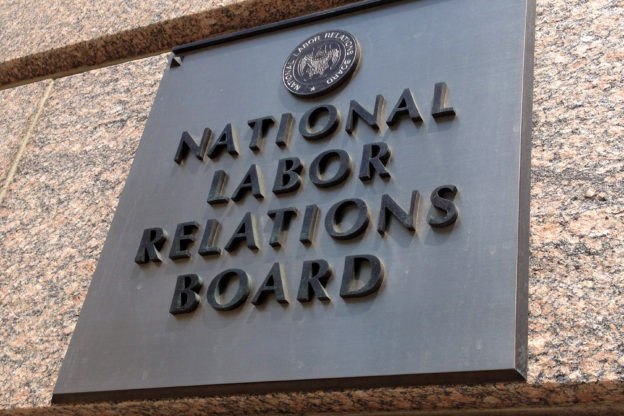By Mickell Jimenez and Curtis Greenwood
The U.S. Supreme Court, in a 6-3 decision, has blocked the Department of Occupational Safety and Health Administration (OSHA) Emergency Temporary Standard (ETS) requiring private employers with 100 employees or more to vaccinate-or-test for COVID-19 from taking effect. However, in a separate decision, the Court allowed a more limited Centers for Medicare and Medicaid Services (CMS) Interim Final Rule, requiring COVID-19 vaccination of staff working at health care facilities that receive Medicare and Medicaid money from the federal government.
The Court’s decision on OSHA’s ETS does not prohibit employers across the country from implementing their own vaccinate-or-test policies. But absent an obligation to do so, it remains unclear whether employers will choose to implement such a policy given the already challenging staffing issues and the need to comply with the myriad confusing and sometimes contradictory patchwork of laws and regulations enacted by state and local governments. Employers that implement a vaccinate-or-test policy, or other type of policy to address the impact of COVID-19 in the workplace, should ensure that the policy complies with applicable law. Particular attention should be paid to the requirement to accommodate, where appropriate, employees’ sincerely held religious beliefs and/or medical conditions. Read more












